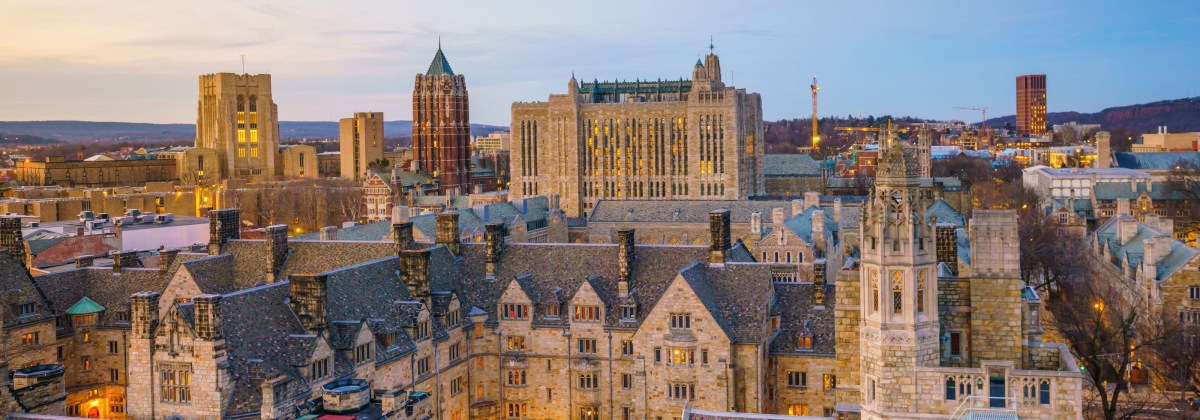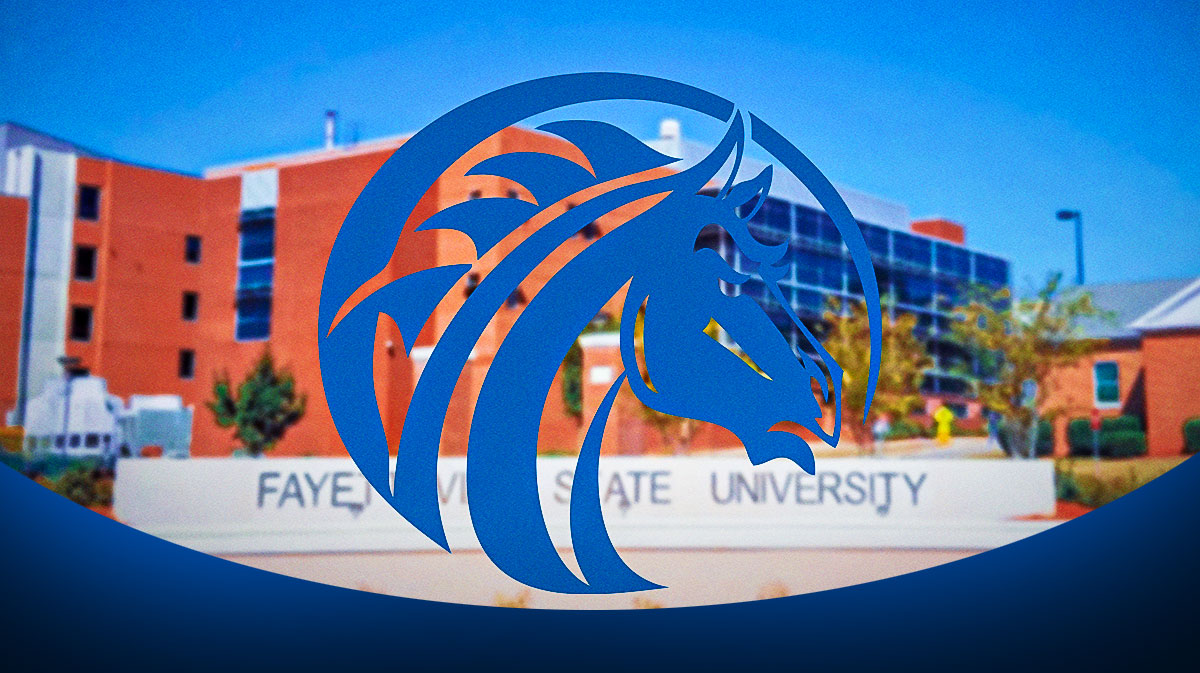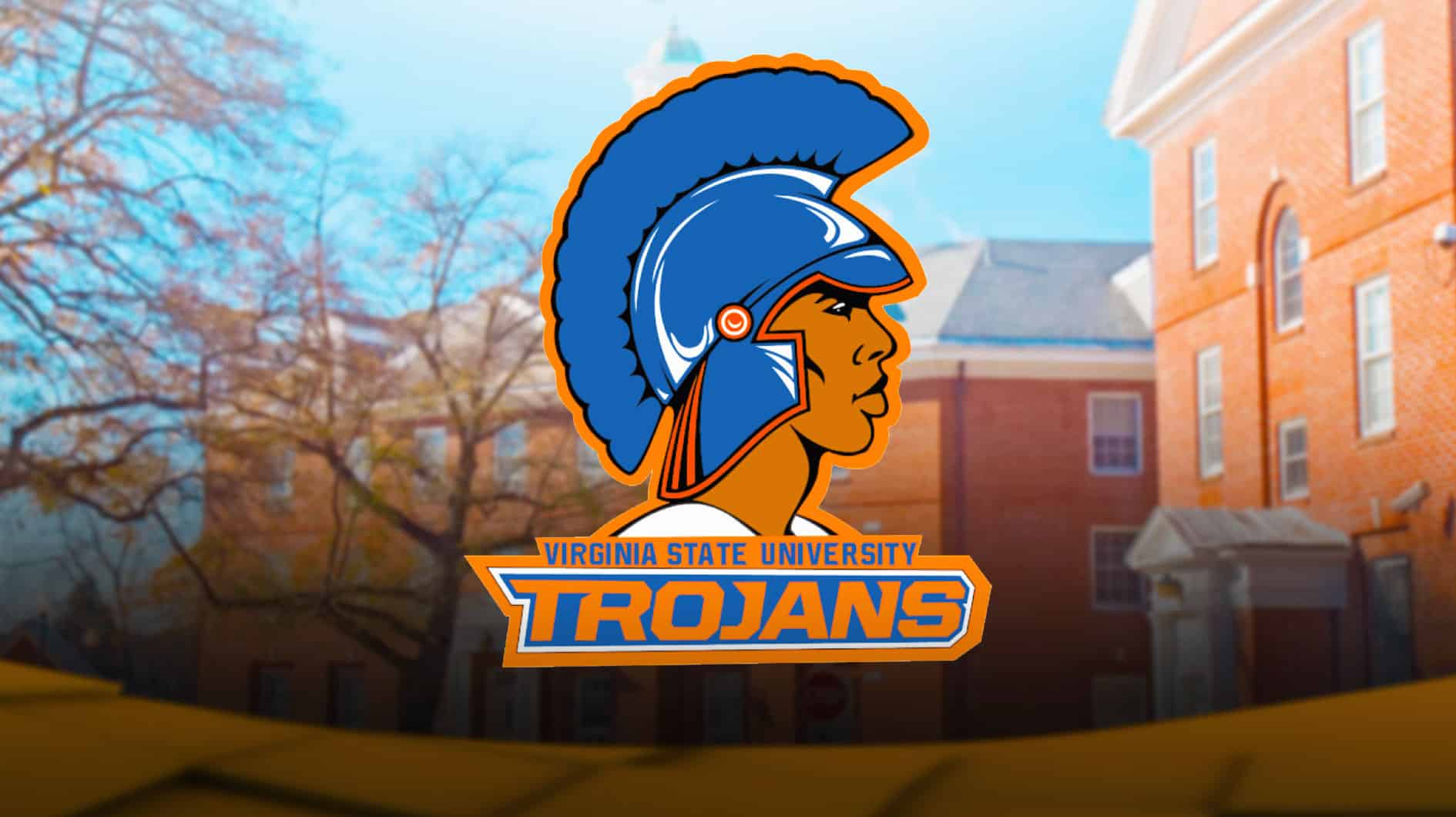In 1831, the Board of Alders, the legislative body of the city of New Haven, Connecticut, voted on a piece of legislation that blocked the establishment of what would have been the first HBCU in the United States. New Haven Democrat Alder Tom Ficklin is sponsoring this initiative.
During that time, the establishment of the college was voted out 700-4. According to The Hartford Courant, Ficklin hopes for an apology from the board “for the great harm that was done to Black Americans when city leaders and New Haven voters came together to oppose the college of 1831.”
Based on the information discovered by historian Charles Warner Jr., then Mayor Dennis Kimberly put an ad in the paper to alert property-owning white men to attend an emergency meeting to discuss the potential formation of the HBCU. Several members of the Board of Alders had connections to Yale University at that period, such as Chief Justice David Daggett of the Connecticut Supreme Court and Representative Ralph Isaacs Ingersoll.
“If government officials were the vehicle to put the death knell formally to the idea, then it makes sense that government would then also acknowledge their part, and at the very least own their part, lift the story up, so that the public can be aware of the story, and then do a very simple human act of apologizing,” Warner added.
Based on an article by The New Haven Independent, an HBCU, according to the mayoral committee, would present “unwarranted and dangerous interference with the internal concerns of other states,” endangering slavery laws. The statement went on to say that it would harm Yale University as well and that a Black university would be “incompatible with the prosperity, if not the existence, of the present institutions of learning.” These series of events led to Connecticut passing a law that prohibited Black people from out of state to seek education in the state.
Ficklin says that an HBCU in New Haven would have had a major impact on the area and would have been meaningful for the Black community.
“It would have had almost 200 years of an institution of higher learning dedicated to training the minds and the hands of Black citizens, and not only just certainly Black people living in New Haven, but it would have been a beacon that drew on the hopes and the interests and the talents of Black people, certainly from across the country, but throughout the diaspora,” he said.
“This was all about making sure that people had the opportunity to reach their full potential,” Ficklin added. “You can’t castigate and talk badly against people who were never given a full opportunity to develop their fullest potential. And so behavior would be different, because there would be an established history of higher education, a long history of a major institution operating.”
To encourage more people to attend upcoming meetings, the Board of Alders has decided to postpone their vote. They also urged Yale University to offer restitution.





